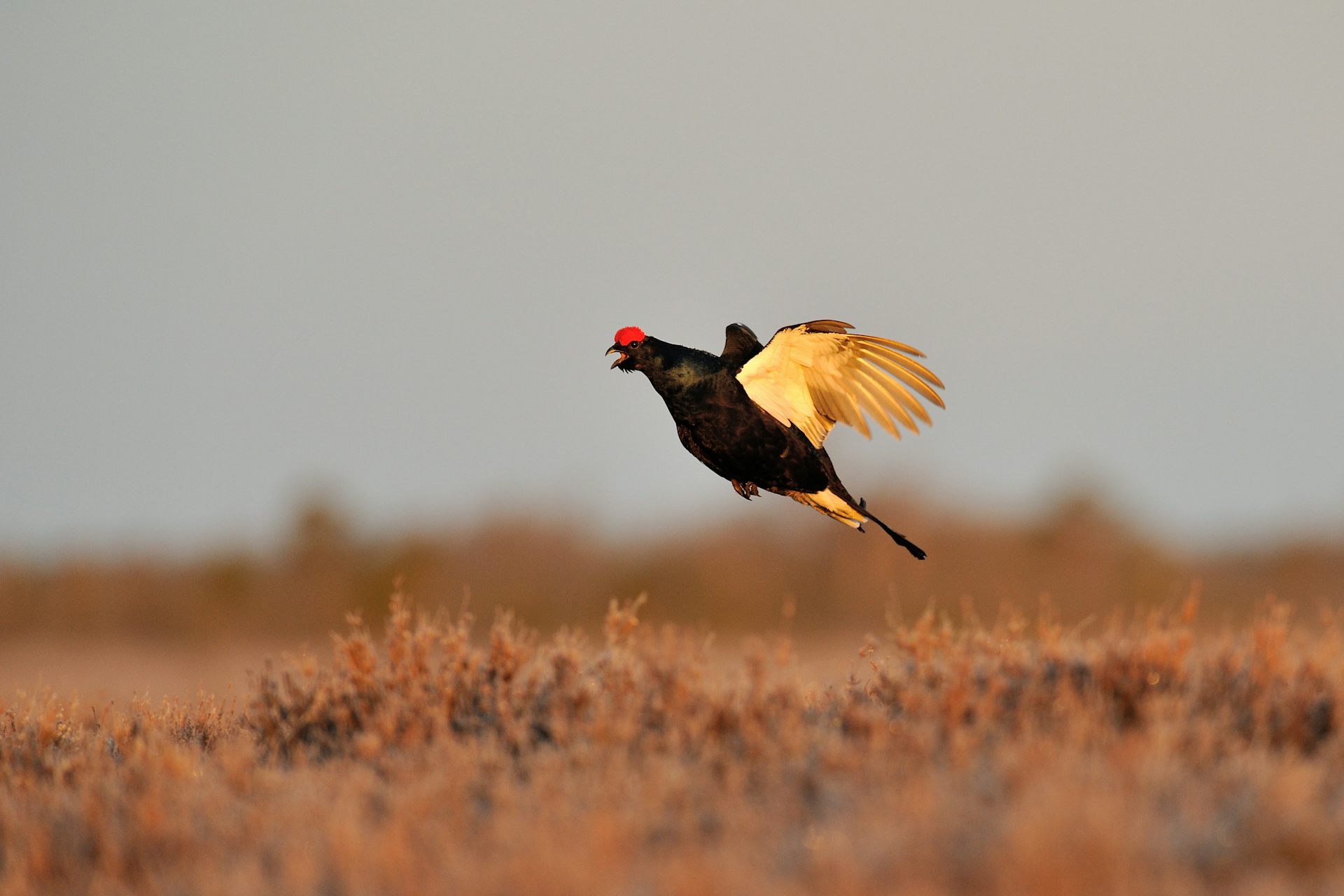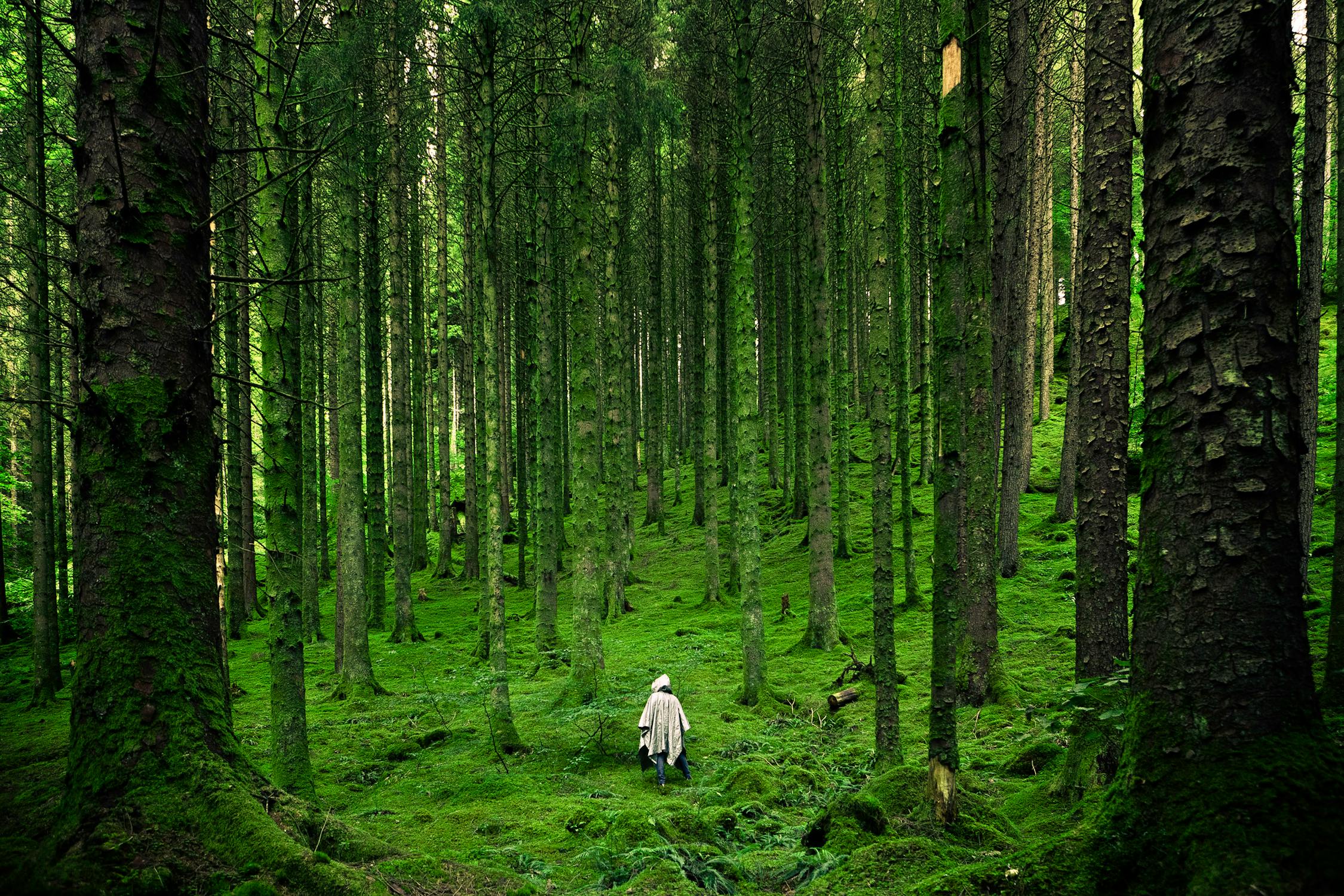After a particularly long week of computer based work on my PhD, all I wanted was to hike somewhere exciting with a rich wildlife. A friend commiserated with me – I was based at Newcastle University at the time, and this particular friend wasn’t keen on the UK’s wilderness, its moorlands and bare uplands, compared...
World
Digital Agriculture Paves the Road to Agricultural Sustainability
In a study published in Nature Sustainability, an ecosystem scientist and an agricultural economist outline how to develop a more sustainable land management system through data collection and stakeholder buy-in. Bruno Basso, professor in the College of Natural Science at Michigan State University, and John Antle, professor of Applied Economics at Oregon State University, believe the...
A Europe Covered in Grasslands or Forests: Innovation and Research on Climate Models
Forestation is one of the main strategies recommended by the scientific community for climate change mitigation. But, would a European continent completely covered in forests be any cooler than one without forests? Asking these kinds of questions is fundamental to developing an understanding of the real effects of solutions that have been recommended by the...
Assessing El Niño’s Impact on Fisheries and Aquaculture Around the World
While considerable resources are invested in seasonal forecasts and early-warning systems for food security, not enough is known about El Niño’s impact on the fisheries and aquaculture sectors, even though its name was given in the 1600s by fishers off the coast of Peru. To remedy that, the U.N. Food and Agriculture Organization (FAO) is...
Health Impacts of Pollution Upon Indigenous Peoples
A new study from the University of Helsinki presents the current state of knowledge on the exposure and vulnerability of Indigenous Peoples to environmental pollution, reviewing the innumerable impacts that pollution poses on Indigenous communities from all over the world. “While the number of studies examining the impacts of environmental pollution upon Indigenous Peoples is...
How Did an Ancient Plant from Latin America Become Asia’s Second-Most-Important Cash Crop?
Half a century ago, cassava was a simple staple crop for some smallholder farmers in Asia eking out a living in harsh landscapes. The hardy crop that Europeans brought from Latin America many centuries before was a dependable source of nutrition – as long as it was skillfully processed to remove the toxins from bitter...
Relying on ‘Local Food’ Is a Distant Dream for Most of the World
Globalisation has revolutionised food production and consumption in recent decades and cultivation has become more efficient As a result, diets have diversified and food availability has increased in various parts of the globe. However, it has also led to a situation where the majority of the world population live in countries that are dependent on,...
Can Sub-Saharan Africa Achieve Sustainable Access to Energy for All by 2030?
In 2019, the global population without access to electricity dipped below 1 billion for the first time. This progress has however been uneven, both across and within different regions. A new International Institute for Applied Systems Analysis (IIASA) study shows that to ensure universal access to affordable, reliable, and modern electricity services by 2030 in...
Neolithic Genomes from Modern-Day Switzerland Indicate Parallel Ancient Societies
Genetic research throughout Europe shows evidence of drastic population changes near the end of the Neolithic period, as shown by the arrival of ancestry related to pastoralists from the Pontic-Caspian steppe. But the timing of this change and the arrival and mixture process of these peoples, particularly in Central Europe, is little understood. In a...
The Global Supply Chain Is Breaking Under the COVID-19 Pandemic
From medical equipment shortages to panic-buying, the links in supply chains are breaking but will serve as valuable learning lessons for the future, said Ednilson Bernardes, professor and program coordinator of the Global Supply Chain Management program, West Virginia University John Chambers College of Business and Economics. A Brazilian Air Force veteran, Bernardes worked for the world’s third largest aircraft...










